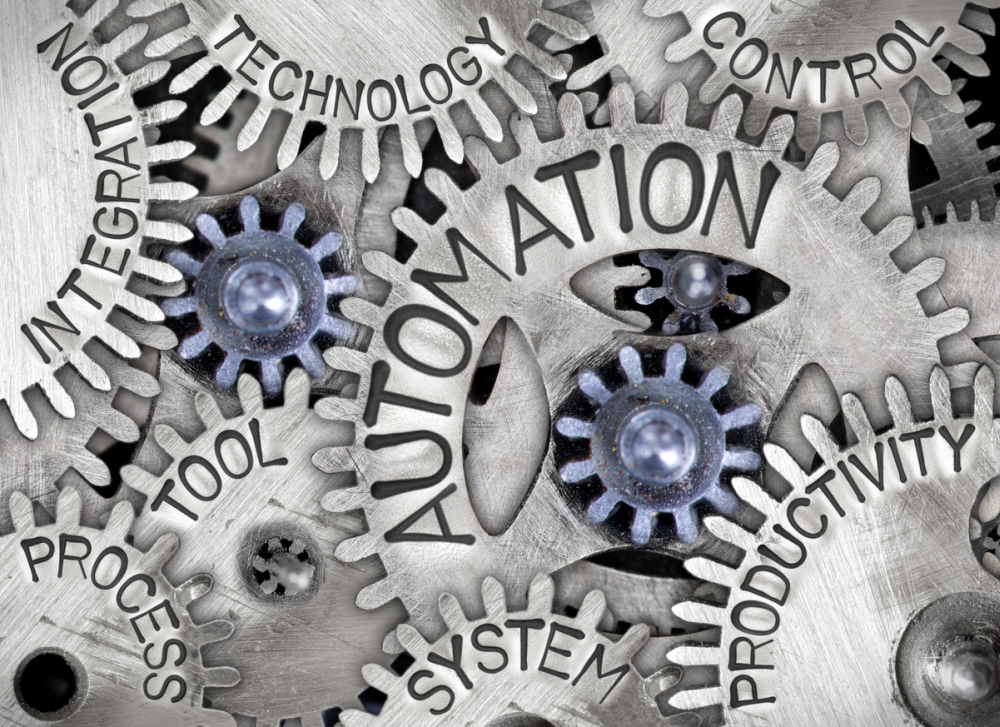
Ecommerce Automation - it’s a phrase that is generally brought up in online market discussions, and is a critical component to a company’s success. However, do you know what this term means, and more importantly, what it means for your business? People love the term ‘automated,’ because it means that something is going to happen automatically without some sort of manual work being done. It is supposed to save time, and ultimately, money.
Let’s take for example a young aspiring entrepreneur, maybe similar to yourself, who decides to start selling something online. Using 3dcart, you create a website to sell your items online. After a while, sales start to pick up, and you want to give exposure to your items on other marketplaces, such as Amazon, eBay, and Walmart. So you decide to sell your products on these other platforms in addition to your own website.
Now things are really rolling. You have multiple channels for your sales, and you now have a small team to process and ship orders, and update inventory and pricing on each channel. With this growth, you notice one particular issue; your data is not consistent and it seems like there is a disconnect between your actual inventory and what’s being sold online. So certain orders are not being properly fulfilled or put into backorder. As you grow, these little nuances start to take up more of your time and your focus shifts to maintenance rather than marketing your business.
It’s a good problem to have since it means you’re selling a lot, but it’s a problem nonetheless. Because there are so many different channels for sales, orders and inventory are not being updated in one central location. You have to manually update the inventory, price, and product description for each channel and compare that data against a master database. With one or two channels this can be manageable, but as you scale up, things can get messy very quickly.
The solution many people will take at this point is to implement some sort of central database, such as an ERP system, to help manage this data in one place. NetSuite, the world’s leader in cloud-based ERP systems, helps create this workflow so that you manage one database for all of your channels.
What this means is that you can have one location for inventory, pricing, product data, and all other pertinent information so that you don’t have to go into each channel manually and update. However in order to have the data talking seamlessly so that everything is truly automated, an ecommerce integrator needs to step in to create the mappings for the data between each channel and NetSuite. That’s where a connector like FarApp comes in.
FarApp’s core competency has been ecommerce automation from the very beginning, and they specialize in NetSuite integrations. It’s software that sits in the cloud and automates the flow of data between the disparate systems.
The benefits of going this route are pretty clear, but here are the major advantages:
- Save Time - Automating your data flows between NetSuite and your channels will save you tons of time and energy.
- Fewer Errors - When you manually adjust your inventory in multiple channels or you have different data points, you’re going to eventually have errors. The more you can automate your process, the less likely human error will occur.
- Workflow - With a central database, the workflow becomes optimized and there is a clear process in place. Regardless of the channel, everyone follows similar practices, which saves time and reduces errors.
- Reporting - Having reports that accurately show the details of each channel are crucial to a business. Consolidating and creating reports using a uniform set of data makes business decisions easier to make, with better accuracy.
- Eliminate stock-outs, which are hurtful when they occur in your own storefront, but can be devastating if they occur on a marketplace such as Amazon.
- Minimize underselling, by making shallow inventory available on multiple channels, but quickly syncing inventory updates when the inventory sells on any channel.
- Timely shipments, as you can count on your orders being available to pick soon after they’re placed.
- Timely shipment notifications to buyers.
In an industry where time is money, and the amount of time you save could mean the difference between your business succeeding or failing, ecommerce automation is a critical, but many times an overlooked aspect in a company’s decision to scale up. Even if you are not at a level where automation may be needed, being knowledgeable and planning the next steps can save you tons of time whenever you do reach that level.





Leave a reply or comment below